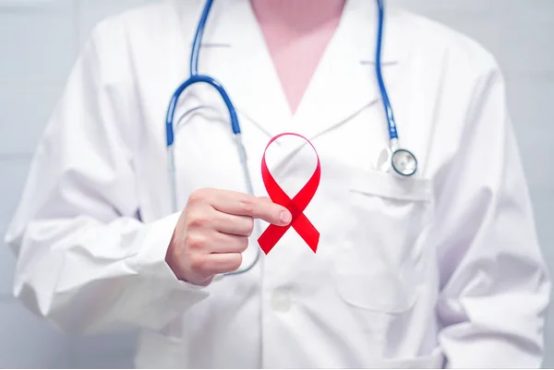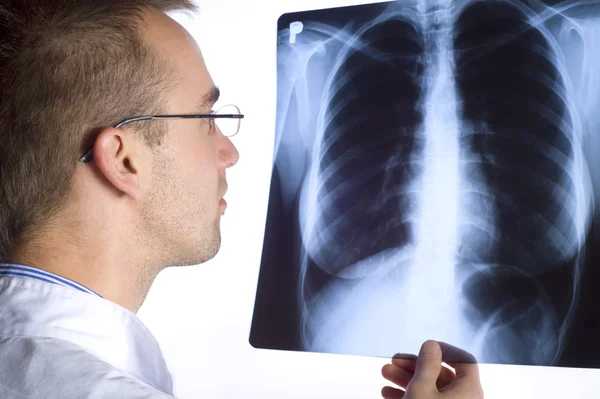Taking Control of HIV: Essential Steps for a Healthier Future
HIV is a virus that weakens the immune system, requiring ongoing treatment and proactive care to prevent complications and maintain a good quality of life. Doctors emphasize that timely action is crucial for managing the disease effectively.
HIV is a virus that weakens the immune system, requiring ongoing treatment and proactive care to prevent complications and maintain a good quality of life. Doctors emphasize that timely action is crucial for managing the disease effectively. Here are key steps HIV patients should take to ensure the best possible health outcomes.

Commit to Antiretroviral Therapy (ART)
Adhering to prescribed antiretroviral therapy (ART) is one of the most critical aspects of HIV management. Missing doses can lead to drug resistance, making the virus harder to control. Consistently taking ART helps suppress viral loads, strengthens the immune system, and significantly reduces the risk of transmission.
Prioritize Regular Medical Checkups
Routine medical visits are essential for monitoring disease progression and treatment effectiveness. Regular blood tests assess CD4 counts and viral loads, helping doctors detect complications early and adjust medications if needed. These checkups also provide an opportunity to discuss side effects and receive expert guidance on managing them.
Adopt a Healthy Lifestyle
A well-balanced lifestyle can greatly enhance overall well-being. Doctors recommend:
- Nutritious Diet:Eating a diet rich in fruits, vegetables, and lean proteins helps support the immune system.
- Regular Exercise:Engaging in physical activity improves cardiovascular health, reduces stress, and enhances overall fitness.
- Avoiding Harmful Substances:Steering clear of smoking, excessive alcohol consumption, and recreational drugs minimizes additional health risks.
Seek Mental Health and Emotional Support
Living with HIV can bring emotional challenges, including anxiety, depression, and societal stigma. Seeking psychological support, such as counseling or joining support groups, can help patients cope and maintain a positive outlook. Mental health care is an essential part of overall well-being.
Prevent Opportunistic Infections
A weakened immune system makes individuals with HIV more susceptible to infections. To minimize risks, doctors recommend:
- Staying up to date on vaccinations.
- Practicing safe sex and other precautionary measures.
- Taking preventive medications for conditions such as Pneumocystis pneumonia when necessary.
Consider Disclosure and Social Support
While disclosing HIV status is a personal choice, having a trusted support network can be invaluable. Sharing with close friends, family, or support groups can provide both emotional encouragement and practical assistance in adhering to treatment.
Stay Informed and Advocate for Awareness
Knowledge is a powerful tool in managing HIV. Staying educated about the latest treatment advancements and engaging in advocacy efforts can empower individuals to make informed healthcare decisions. Keeping up with medical research ensures access to the most effective therapies available.
Conclusion
By taking proactive steps, individuals with HIV can lead long and fulfilling lives. Adhering to ART, maintaining a healthy lifestyle, seeking support, and preventing infections are key to managing the disease effectively. Acting early and consistently is essential to improving health outcomes and preventing complications. HIV does not define a person’s life—proper care and informed decisions do.








